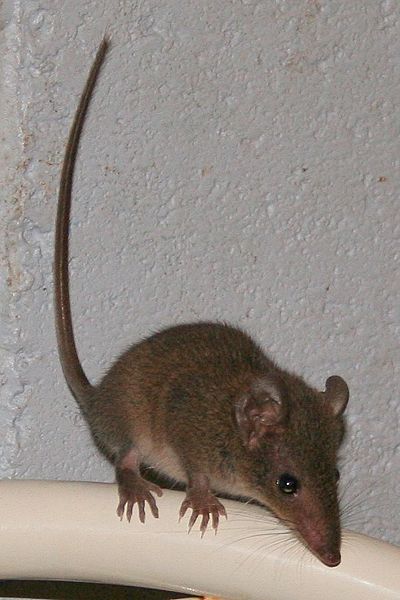
A friend writes to remind us that David Stove, in his Darwinian Fairy-tales, calls evolutionary biology a fairy tale. “Evolution” “explains” every possible behaviour found. He offers as evidence:
Wired piously ran an article about a marsupial “mouse” species in which the male dies after mating exhaustively for two weeks, leaving the female to raise a litter in which half the pups die too:
She’ll actually give birth to up to three times as many young as she has teats. This, too, is where good genes from their fathers benefit the diminutive, barely developed young. “They haven’t got much going for them except for a really strong mouth and sucking mechanism and some little hands and arms to crawl their way up,” said Baker. “They’ll crawl up and attach to a teat and then once all the teats are occupied all the other extras that were born will die within an hour or two.”
The whole affair is one of nature’s most striking manifestations of the true meaning of life: At a very basic level, all critters, including you and me, are on this planet to pass along their genes, even if it means an early demise. Antechinus males, after all, were only born after the previous year’s mating season. Not a single one reaches 12 months old, while females live up to three years.
Okay, but how does this elucidate the “true meaning of life”? Antechinus impacted the planet how, exactly? Apart from providing unexpected amusement for cats?